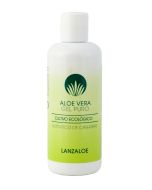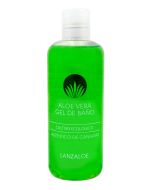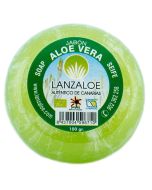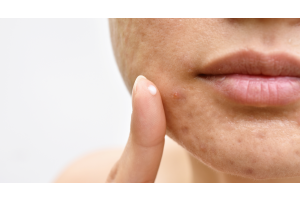Local Storage seems to be disabled in your browser.
For the best experience on our site, be sure to turn on Local Storage in your browser.
Basic hygiene measures against Coronavirus
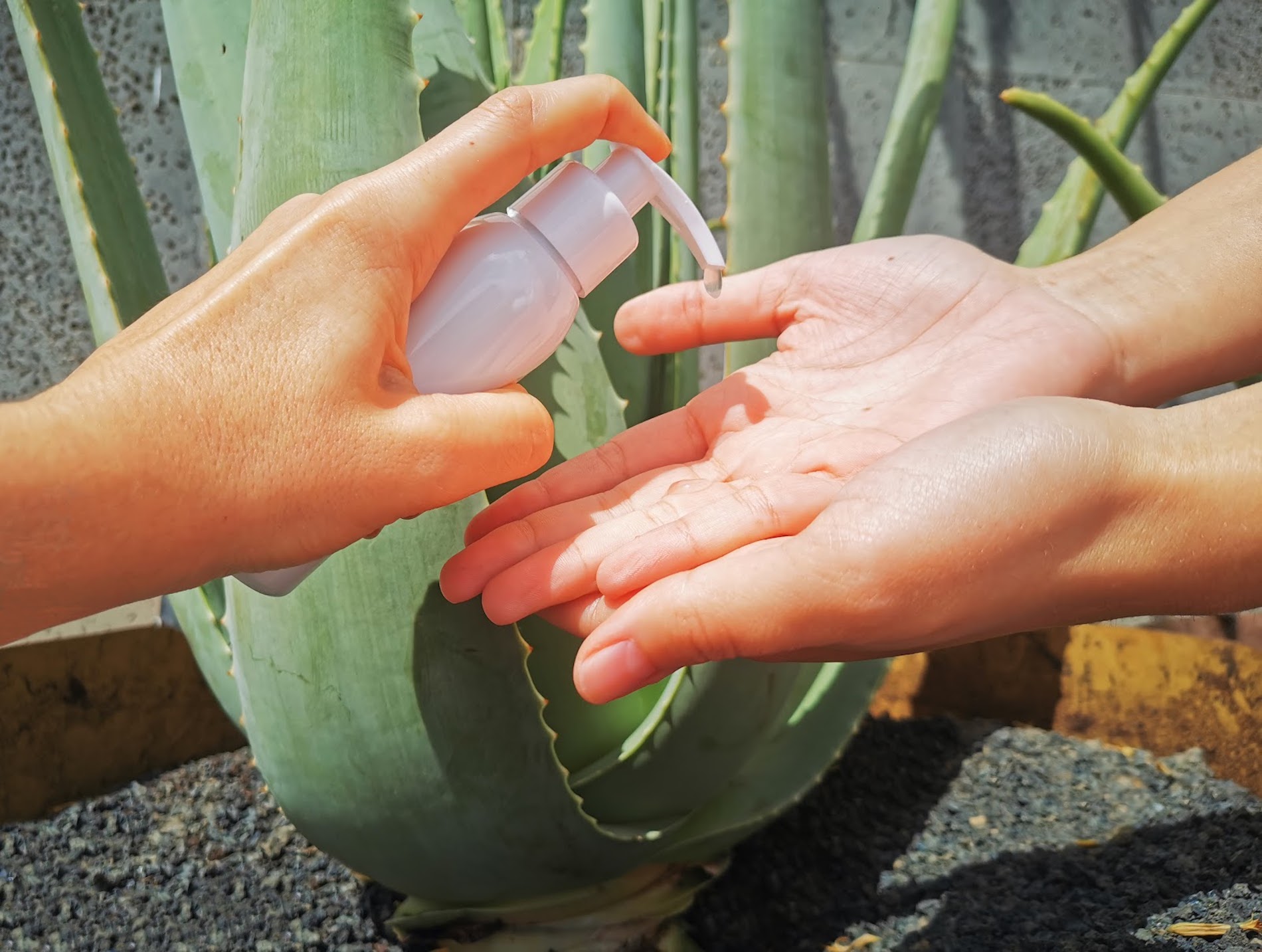
On January 30, 2020, the World Health Organization declared the new coronavirus a global health emergency. At this time, no vaccine can protect you from the virus family, but tests for a vaccine are underway. A sneeze, cough or handshake can cause exposure to the virus.
Although almost every tip insists on washing your hands to protect yourself from COVID-19, how do you know you are doing it correctly? Here's how to keep your hands free from germs.
How to wash your hands properly?
The best way to wash your hands is to rub them with soap and water for at least 20 to 30 seconds. Antiseptic soap is not required for routine hand hygiene. Using any good quality soap with water can work perfectly. The virus has a lipid envelope that is very soluble in soap and water, so a good hand wash has the power to neutralize the virus by destroying the typical protein "crown" that serves to cling and anchor itself to the mucous membranes.
How often should we wash our hands?
You may be tempted to wash your hands more often than you need to, but if you wash them too much, your hands will dry out and crack. You don't have to be obsessive-compulsive to keep your hands free of germs. Going to the bathroom, using public transportation, and touching things with germs on them like doorknobs or money are all situations that encourage hand washing. Be sure to wash your hands when you get home or if you touch anything visibly wet or dirty.
What about hand sanitizer?
Alcohol-based hand sanitizers (ethyl or isopropyl) work as well as soap and water, so you don't need to use them if you have washed your hands. It's mainly a matter of rubbing it in for the right amount of time, which is about 20-30 seconds. The lipid envelope and the glycoproteins in the capsule are easily soluble in alcohol.
How can we prevent the spread of the virus?
Try not to leave your home unless it is strictly necessary.
In addition to keeping your hands clean and staying home, the load of nutrients such as antioxidants or vitamin C can prevent a cold or flu.
What is Aloe vera for?
Viruses such as influenza and coronaviruses are biological entities responsible for contagious diseases that cannot be easily eradicated and cause seasonal epidemics and outbreaks of sporadic epidemics with high morbidity and mortality for humans and animals. Generally, they can be transmitted through sneezing and respiratory droplets when coughing or through body contact, resulting in respiratory infections usually accompanied by pneumonia.
Some viruses such as influenza-A cause periodic outbreaks and seriously threaten human health. Several studies prove that the polysaccharides of Aloe vera have evident effects in inhibiting the infection by this virus, promoting the development of new drugs that act as palliatives against influenza. In vitro tests reveal that the polysaccharides of Aloe vera can inhibit the replication of an influenza virus subtype H1N1, and the most obvious inhibitory effect was observed in the period of viral adsorption, indicating that these polysaccharides interact directly with the viral particles that cause this flu. Experiments on PR8 (H1N1) virus infection in mice showed that they also improved clinical symptoms and lung damage in infected mice, and significantly reduced virus loads and host mortality. These findings provided a theoretical basis for the development of new natural anti-influenza agents based on Aloe vera extracts.
The antiviral activity of "Aloe emodina" (anthraquinone present mainly in the acíbar of the leaf) against influenza A (IAV) has also been reported.
Do you like what you've read? All articles in this Blog are made by our team of professionals at Lanzaloe. With the largest Aloe vera plantation in Europe, we are a worldwide reference about Aloe vera and we created our own line of cosmetics from this raw material. You can take a look at our products by clicking HERE.
SOURCES:
Wendy Ozols. Aloe vera y su posible relación paliativa contra el coronavirus Covid-19, marzo 2020
Journal of traditional and complementary medicine, dec 2014
Evaluation of biological properties and clinical effectiveness of Aloe vera: A systematic review
Maharjan H. Radha and Nampoothiri P. Laxmipriya∗
Mol Biother. 1991 Dec;3(4):214-23.
In vitro evaluation of the synergistic antiviral effects of acemannan in combination with azidothymidine and acyclovir.
Kahlon JB1, Kemp MC, Yawei N, Carpenter RH, Shannon WM, McAnalley BH.
Mol Biother. 1991 Sep;3(3):127-35.
Inhibition of AIDS virus replication by acemannan in vitro.
Kahlon JB1, Kemp MC, Carpenter RH, McAnalley BH, McDaniel HR, Shannon WM.
Phitotheraphy Research
Aloe polymannose enhances anti‐coxsackievirus antibody titres in mice
- J. Gauntt H. J. Wood H. R. McDaniel B. H. McAnalley
First published: 08 June 2000
Front Microbiol. 2018; 9: 2338.
Aloe Polysaccharides Inhibit Influenza A Virus Infection—A Promising Natural Anti-flu Drug
Zhenhong Sun,1,† Cuilian Yu,2,† Wei Wang,3 Guangfu Yu,1 Tingting Zhang,1 Lin Zhang,2 Jiguo Zhang,1,* and Kai Wei
European Journal of Pharmacology
Volume 738, 5 September 2014, Pages 125-132
Antiviral activity of aloe-emodin against influenza A virus via galectin-3 up-regulation
Shih-WenLiaTsuey-ChingYangb1Chien-ChenLaicSu-HuaHuangdJun-MingLiaoaLeiWaneYing-JuLineCheng-WenLinad
